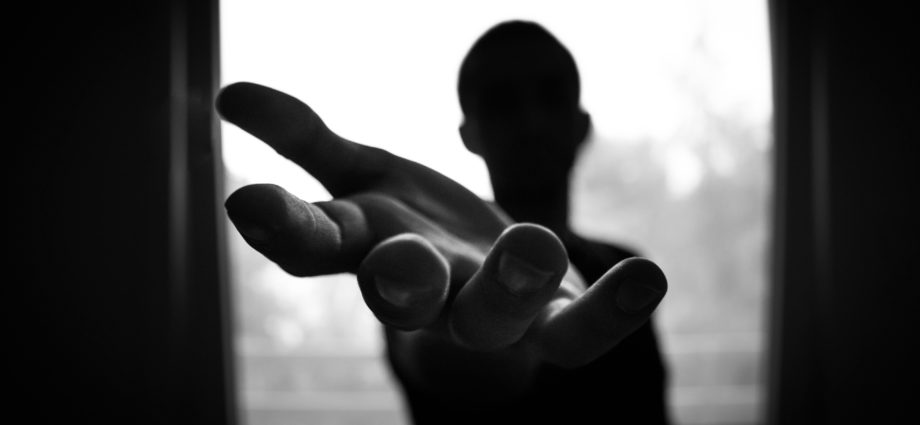When the Gorkha earthquake devastated Nepal in 2015, it killed 9,000 people, injured thousands more, and demolished more than 600,000 structures. In its wake, the global scourge of child trafficking surged as Nepalese children orphaned, abandoned, or sold became easy prey. UNICEF reported it intercepted at least 245 children from being trafficked.
As a former lawyer who assisted victims of human trafficking, Thai-Canadian philanthropist Katrina Sriranpong has long advocated for combating trafficking, especially of children. She supports such organizations as UNICEF, Save the Children, War Child, and Operation Underground Railroad. When natural disasters like the Nepalese earthquakes occur, it can make children already living on the margins of society more vulnerable.
“Southeast Asia has long been recognized as a source region for trafficking children for sexual exploitation. Thailand is a key vacation destination, but it is also a key destination for migrant workers, human trafficking, and forced labor. There are approximately 610,000 human trafficking victims in Thailand, and most of them come from neighboring countries such as Vietnam, Myanmar, Cambodia, and the Lao People’s Democratic Republic,” says Katrina Sriranpong.
Like anyone who loves children, Katrina Sriranpong is passionate about her advocacy against human trafficking. “People can be part of the solution and participate in the immediate liberation of children who are victims. I think it’s important to recognize the signs of trafficking while abroad so they can take direct action against those who practice slavery,” says Katrina Sriranpong.
When traveling in the United States, one learns that the most vulnerable children fall into several categories. According to information from the U.S. Department of State, “Individuals vulnerable to human trafficking include children in the child welfare and juvenile justice systems, including foster care; runaway and homeless youth; unaccompanied foreign national children without lawful immigration status; individuals seeking asylum; American Indians and Alaska Natives, particularly women and girls.”
Unfortunately, child sex trafficking takes place all over the globe. Perpetrators use many modes of travel, including buses, trains, and planes as a means to transport their victims for financial exploitation.
Be Aware of the Signs
“It requires a collective effort in order to unravel the criminal organizations involved in trading human life,” says Katrina Sriranpong.
According to the Polaris Project, only 22 percent of calls reporting trafficking in hotels and motels are made by victims self-reporting crimes committed against them. When a report is made, it is usually made by someone who either witnessed suspicious activities or interacted with a victim.
The United Nations Office on Drugs and Crime has developed a list of trafficking indicators. A person may be trafficked if they:
- Show signs of physical injuries and abuse
- Are accompanied everywhere by someone who speaks for him/her
- Appear fearful or under the control of another person
- Are unfamiliar with the neighbourhood where they live or work
- May have health issues that have not been attended to
- Lack identification, passport or other travel documents
It is also important for travelers to remain vigilant at the airport and on airplanes as many victims are trafficked across the border. Approaching a suspected trafficker or questioning them is not advised. If you are on an aircraft and suspect there is a victim with a human trafficker, notify the air steward so the pilot can be asked to contact ground authorities.
There is no doubt that traffickers are at the airport using airlines to transport their victims. While at the airport, pay attention to the following warning signs of human trafficking:
- A traveler’s clothing – a victim may be wearing poorly fitted clothing that are the wrong size, not appropriate for the weather/destination, or they may be poorly dressed compared to their companions
- A traveler may be traveling with minimal luggage or belongings
- A traveler may be travelling alone but do not know the details of who they will be meeting upon arrival
- A traveler cannot provide details of their destination, flight information or departure location – traffickers may make it difficult for their victims to escape by not letting them know where they are, where they are being transported to and what job is waiting for them at their final destination
- A traveler may not be able to move freely in an airport or airplane or being watched closely or followed – this is often to prevent victims from escaping or prevent them from reaching out to authorities for assistance
- Their communications may seem scripted or they may provide inconsistent information about a victim’s name or age. This applies to both victims and traffickers
- They may be afraid to discuss themselves around others, deferring to their companion who appears to be controlling them – traffickers often prevent their victims from interacting freely with the public because the victims might raise suspicion about their freedom
- Victims may have common tattoos indicating they are the property of someone or an organization
A child being trafficked for sexual exploitation may be dressed in a sexualized manner or under the influence of drugs. The child may also appear malnourished and display signs of physical abuse such as bruises, scars or cigarette burns.
Not all the indictors listed above are present in every human trafficking situation and the presence or absence of any indicator is not necessarily proof of human trafficking. Recognizing the signs of human trafficking is the first step in stopping these heinous acts. We must all play a role in becoming better informed on the issue and raising awareness on a crime that is often described as “hidden in plain sight.”
If you are out in public and suspect you are witnessing a sex trafficking incident, alert authorities immediately; it can save a life. Concerned citizens can reach out to help organizations, including Crime Stoppers International, federal law enforcement (1-866-347-2423), local law enforcement, the National Human Trafficking Hotline (1-888-373-7888), the Homeland Security Tip Line (1-866-347-2423), or even 911.
